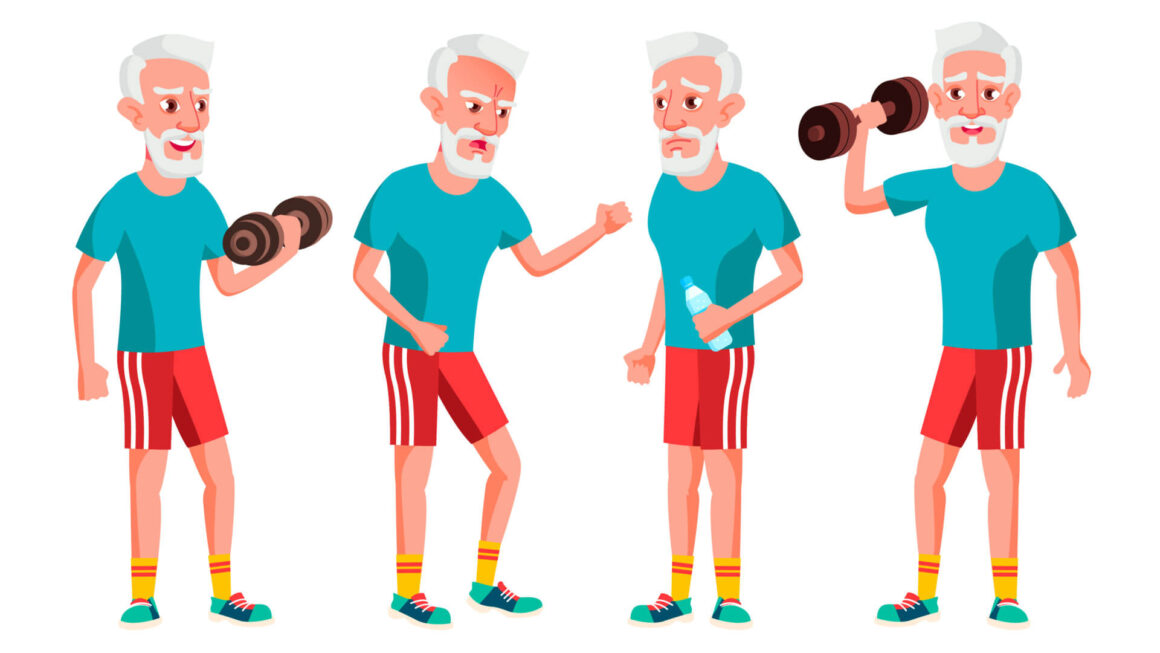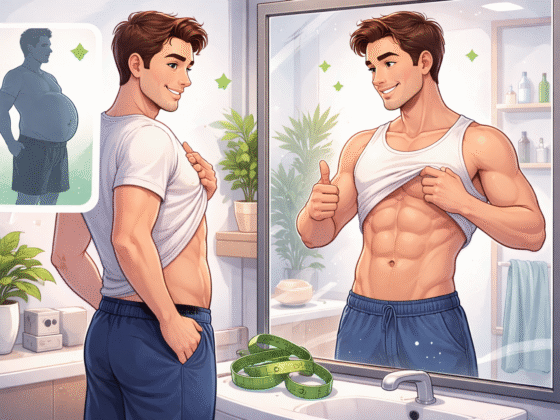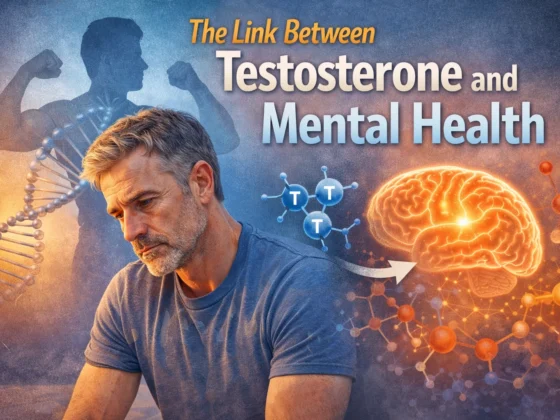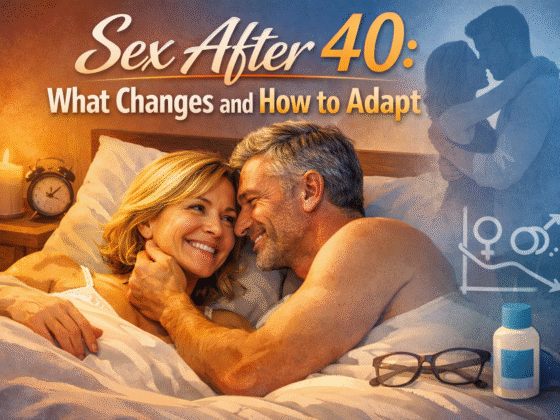As much as we’d like the opposite to be true, it’s an unavoidable fact that our sexual virility is tied to our youth (or in some cases, lack of youth!)
Now, this doesn’t mean that your passion or drive for sex necessarily decreases as you get older (Hugh Hefner, hello?) but in some cases, your body can end up slowing down a little, resulting in a reduced libido or weaker stamina during sex.
However, is there an age limit on ejaculation? Let’s investigate.
What Is Ejaculation?

Before we discuss age-related changes, let’s quickly go over what ejaculation is. Yes, we know that you know, but we want to be thorough. Put simply, ejaculation is what happens during orgasm, whereby semen is released from the penis during sexual climax. While it’s a short – yet euphoric – moment that passes in just a couple of seconds, it’s actually a complex process that involves various organs and hormones in the male reproductive system.
What Age Does a Man Stop Ejaculating?
Good news – there’s no age limit on ejaculation. While the quality of – or facility of – ejaculation can change as you age, men can still technically ejaculate (cum, jizz, blow a load, however you want to say it) until the end of their life. But we are using the word technically here for a reason.
How Ejaculation Changes with Age
So while your body doesn’t put up a “we’re closed” sign at the tip of your penis on your 50th birthday, you might still notice some changes in the power of your ejaculation as you get older – and you may even experience more trouble actually getting to the point of ejaculating in the first place.
This can be caused by the following:
- Enlarged prostate (benign prostatic hyperplasia)
- Diabetes
- Heart disease
- Neurological disorders
- Prostate surgery
- Spinal cord injuries
- Certain medications
- Hormonal imbalances
One thing that ties all of the conditions above is aging – as our bodies get older, we produce less sex hormones, we’re more prone to diabetes and cancer, and we’re more likely to have either had prostate surgery or some form of surgery that limits – even temporarily – our mobility. And as our bodies are highly interconnected, this can interfere with our ability to ejaculate as we did when we were in our twenties.
How to Improve Ejaculation as You Age

Healthy Habits
We know that nobody wants to hear it, but lifestyle changes can actually go a long way in helping your overall sexual health, including your ability to blow a powerful load. Healthy eating – especially prioritizing foods rich in zinc, selenium, and omega-3 fatty acids – can all help your reproductive health, while getting to the gym and moving your body on a regular basis can improve blood flow, making it easier for you to get a hard-on when the moment comes up (pun absolutely intended).
Toys and Devices
Don’t rule out toys, either! Our best selling penis pumps in the US are designed to improve blood flow to the penis, making your erection more impressive and improving your stamina. While they won’t be able to undo any medical conditions impacting your ability to get hard and ejaculate to your fullest capacity, they can significantly improve your confidence in the bedroom – and sometimes the psychological aspect is half the work!
When to See a Doctor
While changes in ejaculation are often a normal part of aging, we would advise you to speak to a doctor if you experience any of the following:
- Ant sudden changes in ejaculation
- If ejaculation becomes painful
- If you’re unable to ejaculate despite feeling aroused
If changes in ejaculation are causing distress or affecting your relationships
As we mentioned above, sometimes ejaculation anxiety comes from a psychological place. If you’re able to get to the root of the anxiety – and rule out medical conditions – you can feel confident in your sexuality at any age.
Final Thoughts
So to sum up, no, there’s no set age at which a man suddenly stops ejaculating. And in some cases, anxiety about your performance in the bedroom can simply boil down to internalized ageism. But we’re here to say – can still rock your stuff well into your 60s, 70s, and even your 80s.










